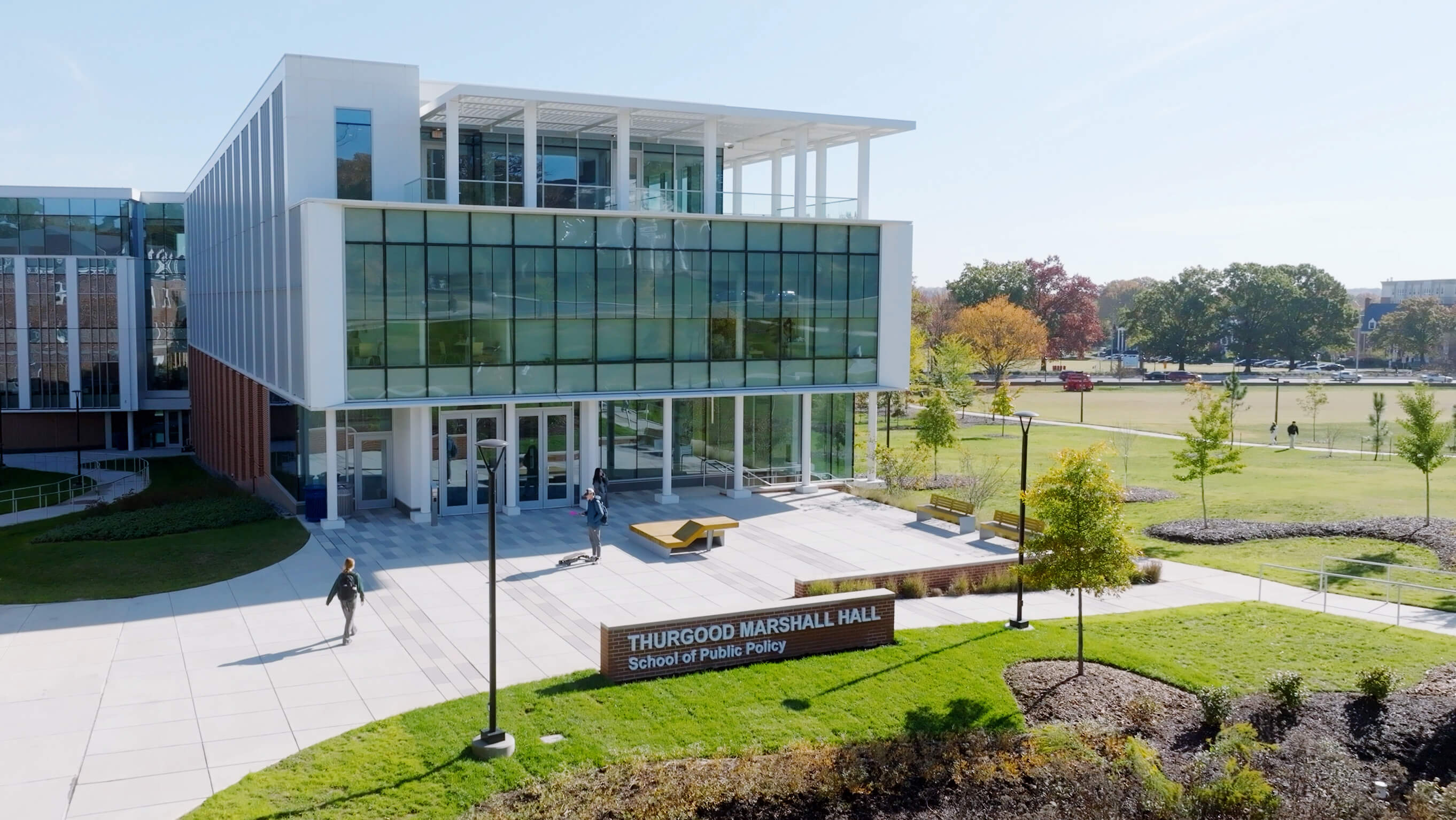
How do labor market trends in the Middle East affect human well-being, and ultimately the likelihood that individuals engage in political protest? School of Public Policy faculty member Professor Carol Graham and doctoral candidate Sergio Pinto will explore this question and others as part of a research project that was awarded $5,000 of funding from the 2019 CISSM Seed Grant competition.
“CISSM has long been interested in how social and political trends affect the likelihood and outcome of political protest and violence, and this research will add measurably to this broader research thread, “ said CISSM Director Nancy Gallagher.
Graham and Pinto have collaborated on well-being research before, having just completed a study on the well-being of low-skilled workers across a number of regions in the world. Findings from this study “challenge the common narrative that unhappy men without stable jobs are likely to fuel either domestic protests or, more worryingly, terrorist activities.” The CISSM-funded work will expand this research by focusing on trends in the Middle East across the work-force and will look at variations by gender, age, education, political structure, and labor market characteristics.
This is the fourth year that CISSM has held a Seed Grant competition. Last year’s winners, Assistant Research Professor Catherine Worsnop and doctoral candidate Poorti Sapatnekar, presented their work on climate governance at the April 25 CISSM Global Forum, “Non-State Actors and Global Governance: The Case of the UN Climate Conferences." Previous grant winners include: doctoral candidate Davin O’Regan, who conducted research on the effects of civil society activity on the onset of civil war, “Civil Society and Civil War Onset: What is the Relationship?”
CISSM annually offers $5,000 in seed funding for a collaborative, interdisciplinary effort involving two or more School of Public Policy faculty members, researchers or PhD students who propose to address a current public policy question that relates to CISSM’s broad and evolving agenda, including topics such as cybersecurity, human security, global governance, international energy cooperation, climate change, civil conflict and international economic development.



